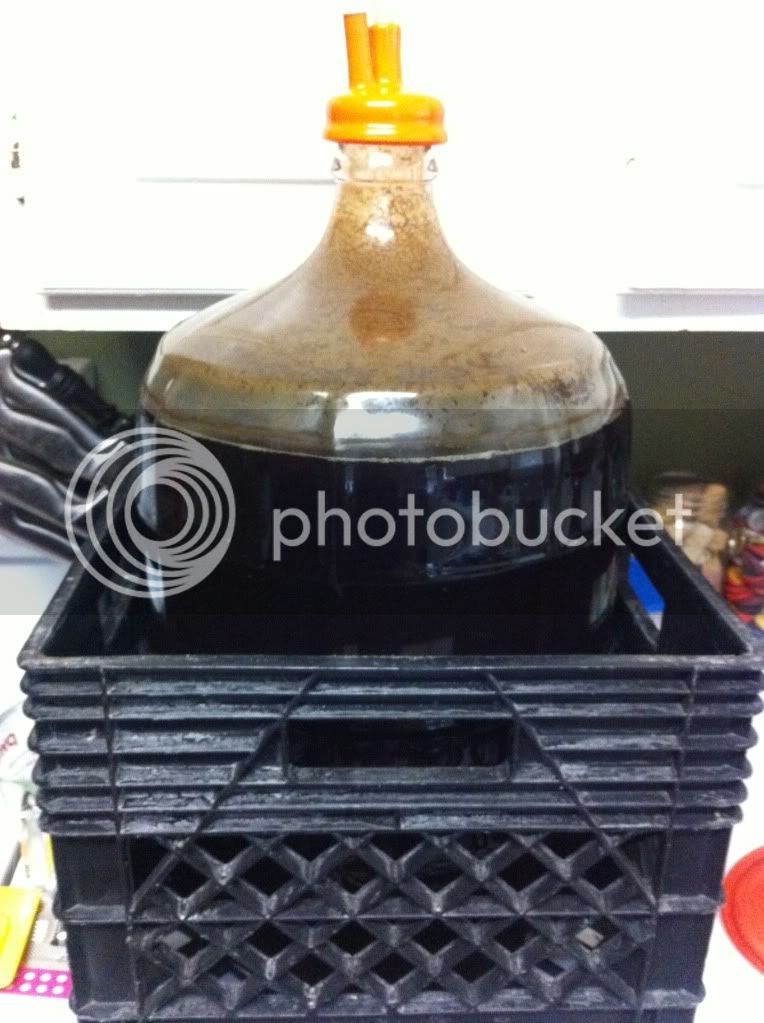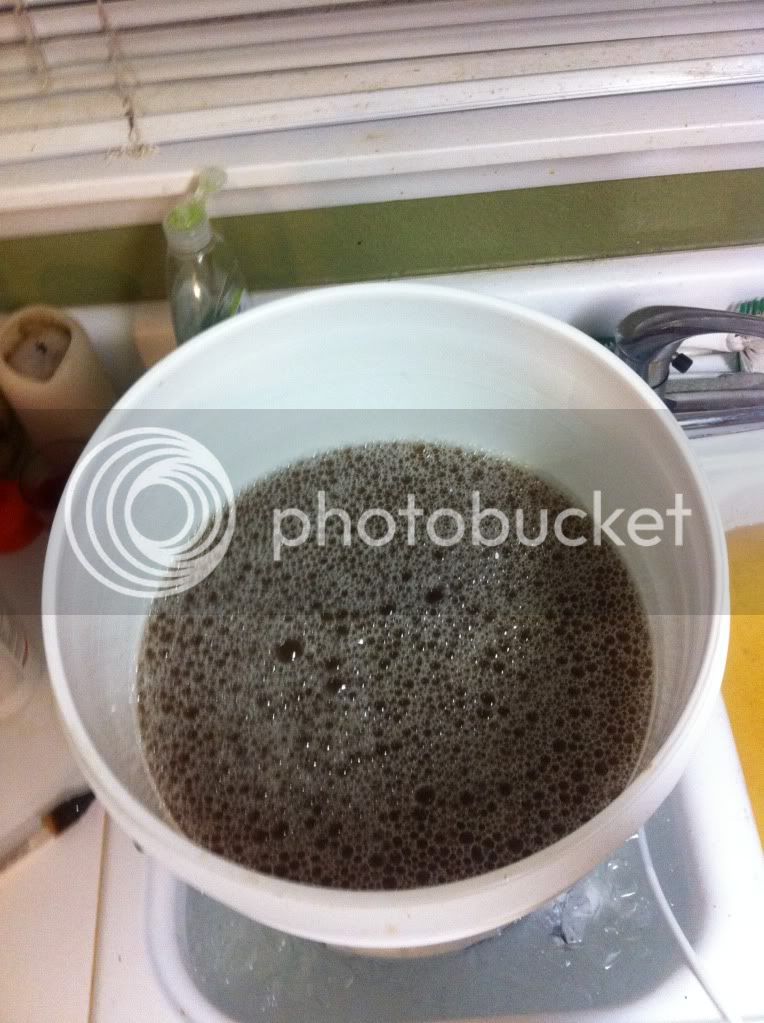ASassyBeerChick83
Well-Known Member
- Joined
- Jun 10, 2012
- Messages
- 323
- Reaction score
- 11
Hey! Hey! Hey!

I am a newbie around here and have brewed & bottled our first Bock Munton's Kit. We bottled on the Fourth of July! :rockin: GO AMERICA!! :rockin: Now we are waiting & enjoying before our first home-brew!!
Well... So, after a couple of weeks while fermenting & now wanting to move on to my next beer, i am stumped to as what to do! I want to try an AG but i don't actually have the equipment right now to do the AG.. i don't know much about extract beers - currently reading up on them in John Palmer's book & online.. But since I don't have the equipment for an AG yet... Not knowing if my LHBS can grind my grains & such...
But since I don't have the equipment for an AG yet... Not knowing if my LHBS can grind my grains & such...  Would an extract kit
Would an extract kit  (do they make those)?
(do they make those)?  be better for me to work with an extract next or to try to do the AG?
be better for me to work with an extract next or to try to do the AG?
Wanted to throw in a pic of the Bock Beer we brewed.....

We fermented the beer in the carboy in a temp. controlled fridge for 15 days & I think it's gonna be pretty tasty!
it's sitting in bottles now... Gonna give an update after our tasting party with our friends... Let you guys know how it is...
As for now, decisions... decisions... decisions... Excited!!
Excited!!  Thirsty!
Thirsty! 
Peace. Love. & Beer!
 CHEERS!!
CHEERS!! 

I am a newbie around here and have brewed & bottled our first Bock Munton's Kit. We bottled on the Fourth of July! :rockin: GO AMERICA!! :rockin: Now we are waiting & enjoying before our first home-brew!!
Well... So, after a couple of weeks while fermenting & now wanting to move on to my next beer, i am stumped to as what to do! I want to try an AG but i don't actually have the equipment right now to do the AG.. i don't know much about extract beers - currently reading up on them in John Palmer's book & online..
Wanted to throw in a pic of the Bock Beer we brewed.....

We fermented the beer in the carboy in a temp. controlled fridge for 15 days & I think it's gonna be pretty tasty!

it's sitting in bottles now... Gonna give an update after our tasting party with our friends... Let you guys know how it is...
As for now, decisions... decisions... decisions...

Peace. Love. & Beer!
 CHEERS!!
CHEERS!! 





